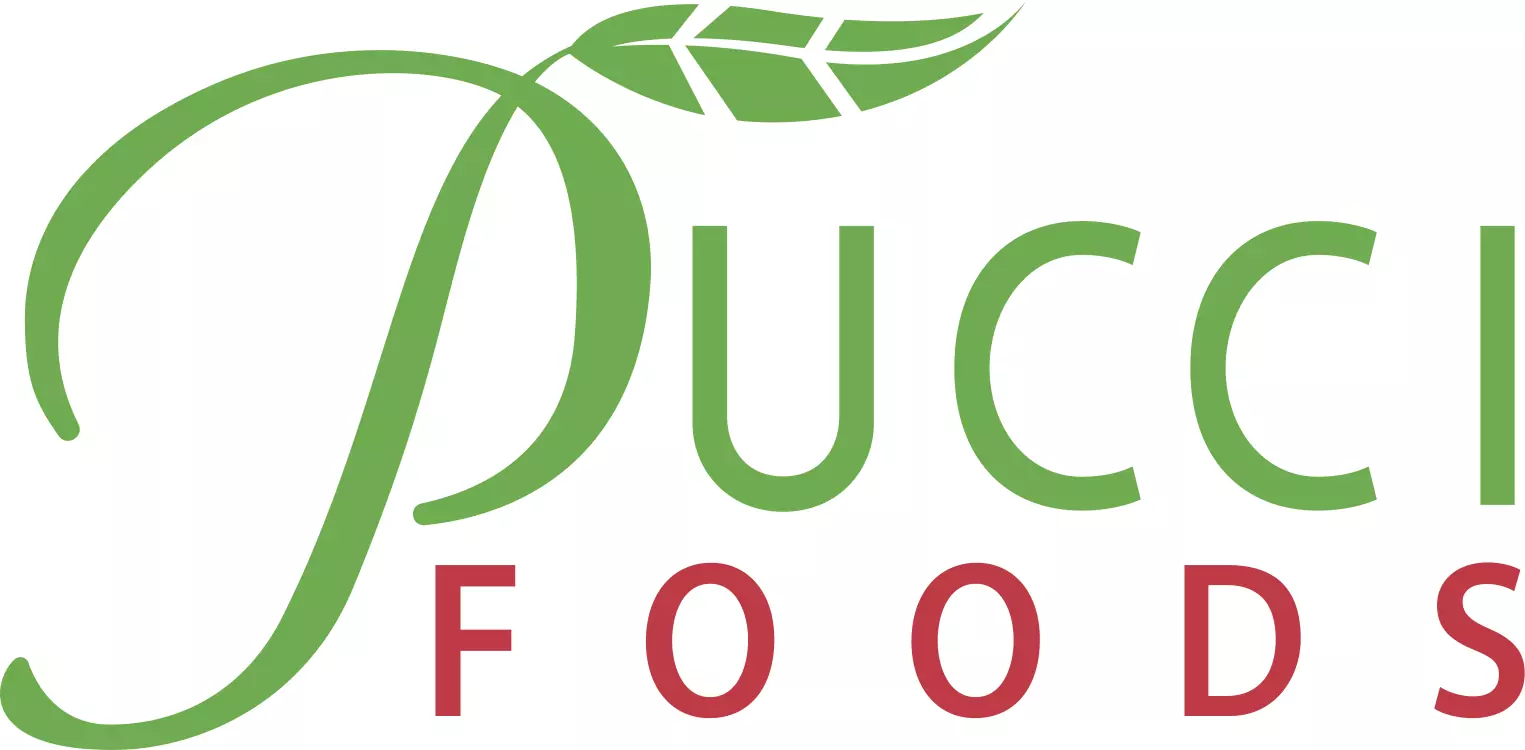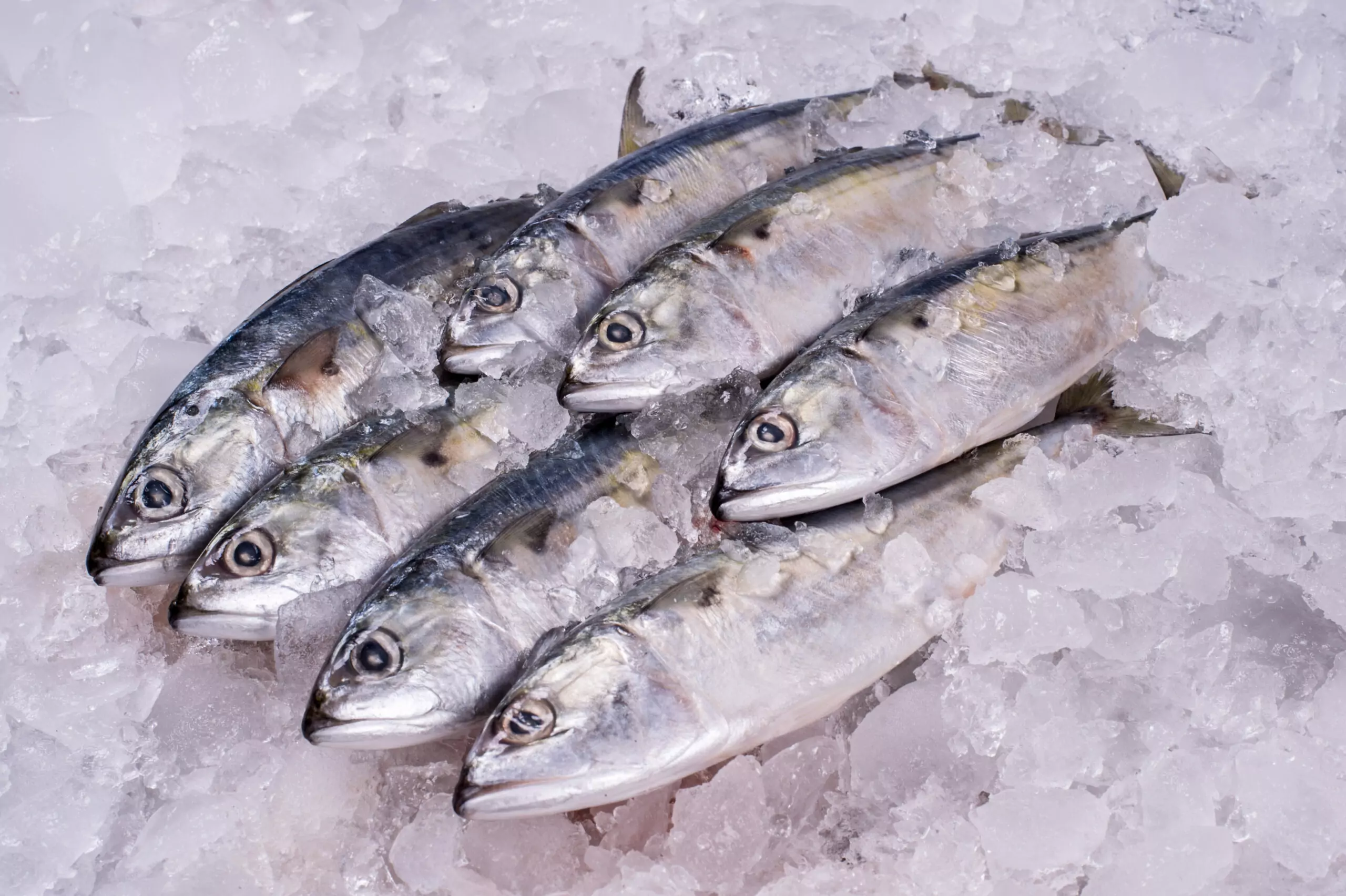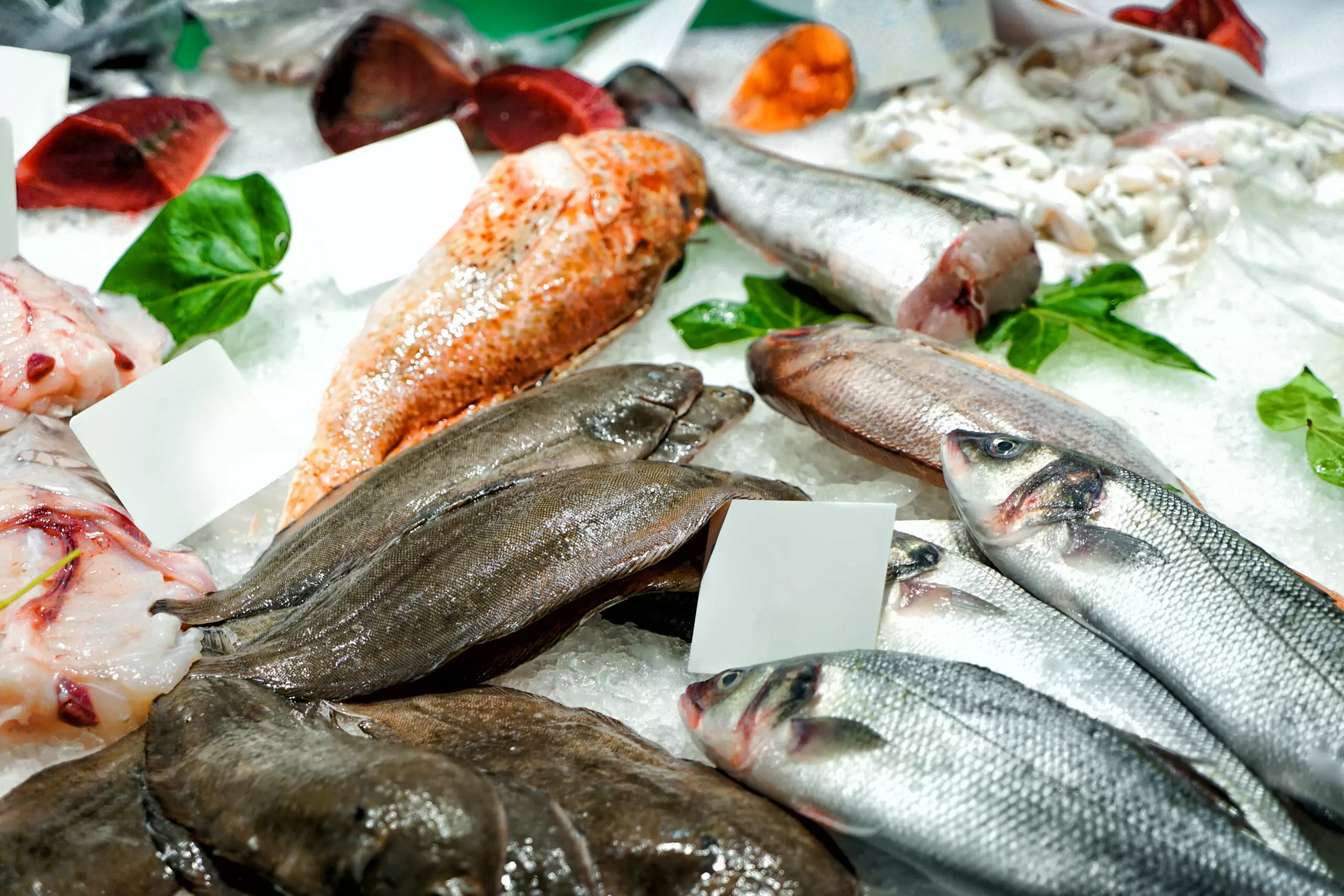“It’s outrageous that an industry generating such high levels of export revenue is failing to uphold the basic human rights of the workers that produce its products. Consumers in Europe and the US should be aware of the hidden cost to the impossibly cheap shrimp we consume that involves the brutal treatment of workers. In the 21st century, food produced by forced or bonded labour should not be on our plates.” – Steve Trent, Executive Director of the Environmental Justice Foundation.
When people discuss the topic of unsustainable fishing, most do so with the thought of low fish populations, high bycatch levels and environmental damage. These are extremely important in understanding how we can establish sustainable fisheries for the future. But there is another hidden element to unsustainable fishing that receives less attention – the human element. There are some areas of the world where fisheries exploit the local people, violating basic human rights in highly corrupt systems. In this two part series, we will explore two films that expose the awful situation of shrimp farming in Bangladesh.
There is a growing global demand for cheap shrimp and the market is now worth $17 billion a year. In South Asia, the country of Bangladesh has risen to meet the need and have entered the ranks of the top ten exporters of shrimp in the world. The industry employs millions of people and pulls in nearly half a billion dollars for the country. Sadly, the shrimp farming industry is infested with problems. Human rights violations and devastating environmental impacts plague workers and the local community. Little of the money made actually reaches the workers or the community, so their very lifestyle has become a struggle of survival.
The film Impossibly Cheap: Abuse and Injustice in Bangladesh’s Shrimp Industry exposes the horrible human rights violations of shrimp farmers in Bangladesh. Created by the Environmental Justice Foundation (EJF), this film strives to send a message to consumers to make informed choices when it comes to sustainable seafood. In part 2, we will take a look at Murky Waters: Shrimp Farming in Bangladesh to understand the detrimental impact on the local community and the environment. These are both difficult films to watch – but the Western world must understand the cost behind our growing seafood demand, so that we can make positive changes in our market choices.
Impossibly Cheap: Abuse and Injustice in Bangladesh’s Shrimp Industry
When it became obvious that there was money to be made in the shrimp farming industry, many local people in Bangladesh bought land and began farming. There are now 10.8 million people producing 58,000 tons of shrimp each year. But it has been an uphill battle with few rewards along the way. Although the industry has grown immensely in the last three decades and is now the second largest export of the country (the first is ready-made garments), the workers receive little of what is actually made.
The process of shrimp farming begins with the fry collectors, who drag nets through ponds to catch wild shrimp fry. These young shrimp are sold to “middlemen,” who then sell them to farms and markets to grow the fry to adult shrimp. Once the shrimp are fattened, depot owners take them to processing factories, after which they are shipped to the U.S. and Europe.
The system is riddled with corruption. At every stage of the process, workers are exploited and abused, and live in poor conditions. They suffer from low wages, bonded labor, child labor, health and safety violations, and excessive hours. Despite the millions of dollars that flood in from shrimp exports, the shrimp farm workers and fry collectors don’t even have enough money to survive. Everyone – fry collectors, farm workers, depot owners – must borrow money simply to live a hand-to-mouth existence. It is impossible to repay the loans with the interest that is tacked on top, so the workers become indebted to middlemen and banks. The debt passes to their children, locking families in a vicious cycle from generation to generation.
As the film states, the abuse and exploitation will continue – unless we do something about it. The shrimp farming industry in Bangladesh is fueled by consumer demand. This means that consumers are the ones who can fix the problem. The EJF are hoping that this film will urge people to understand the cycle of human abuse behind a seemingly innocent product.
This film is a striking reminder of how vitally important it is for us to understand where our seafood comes. It is our demand that fuels industries such as this, and we have the power to change it. Just as we allowed the shrimp farms to grow in response to our demand, we can shrink them by changing our focus to only sustainable industries. If there is no market for the product, then the industry will collapse – or it will adapt. Once the world sees that mindful consumers will only support industries that are socially and environmentally responsible, then it follows that more and more industries will strive to create a sustainable product.
Stay tuned for Part 2, where we will look at the impact of the shrimp farm industry on the local community and the environment in Bangladesh. Make a positive choice today and purchase your sustainable seafood from Pucci Foods, confident in the promise that we will provide you with the freshest and safest sustainable seafood options available on the market.


